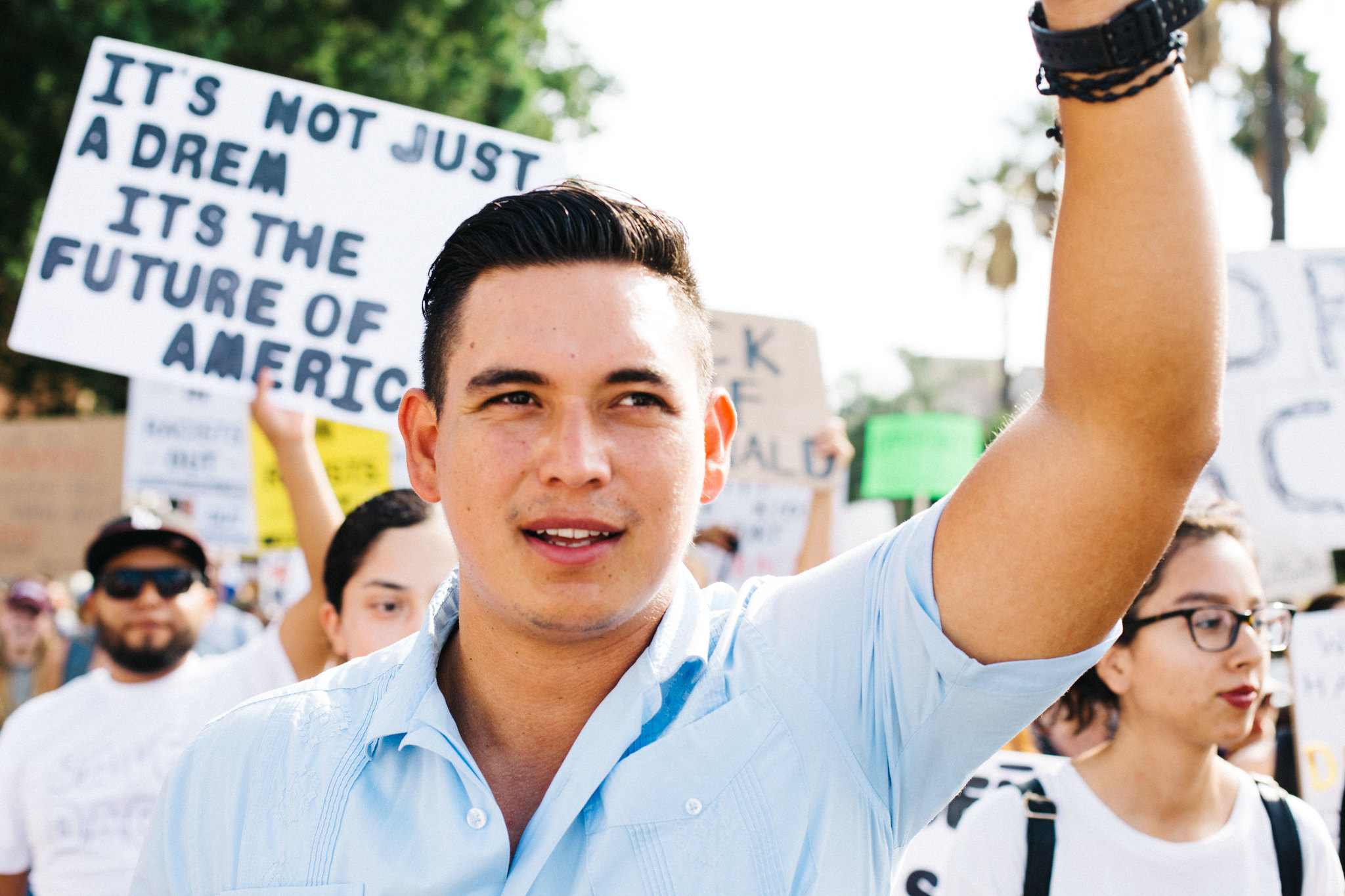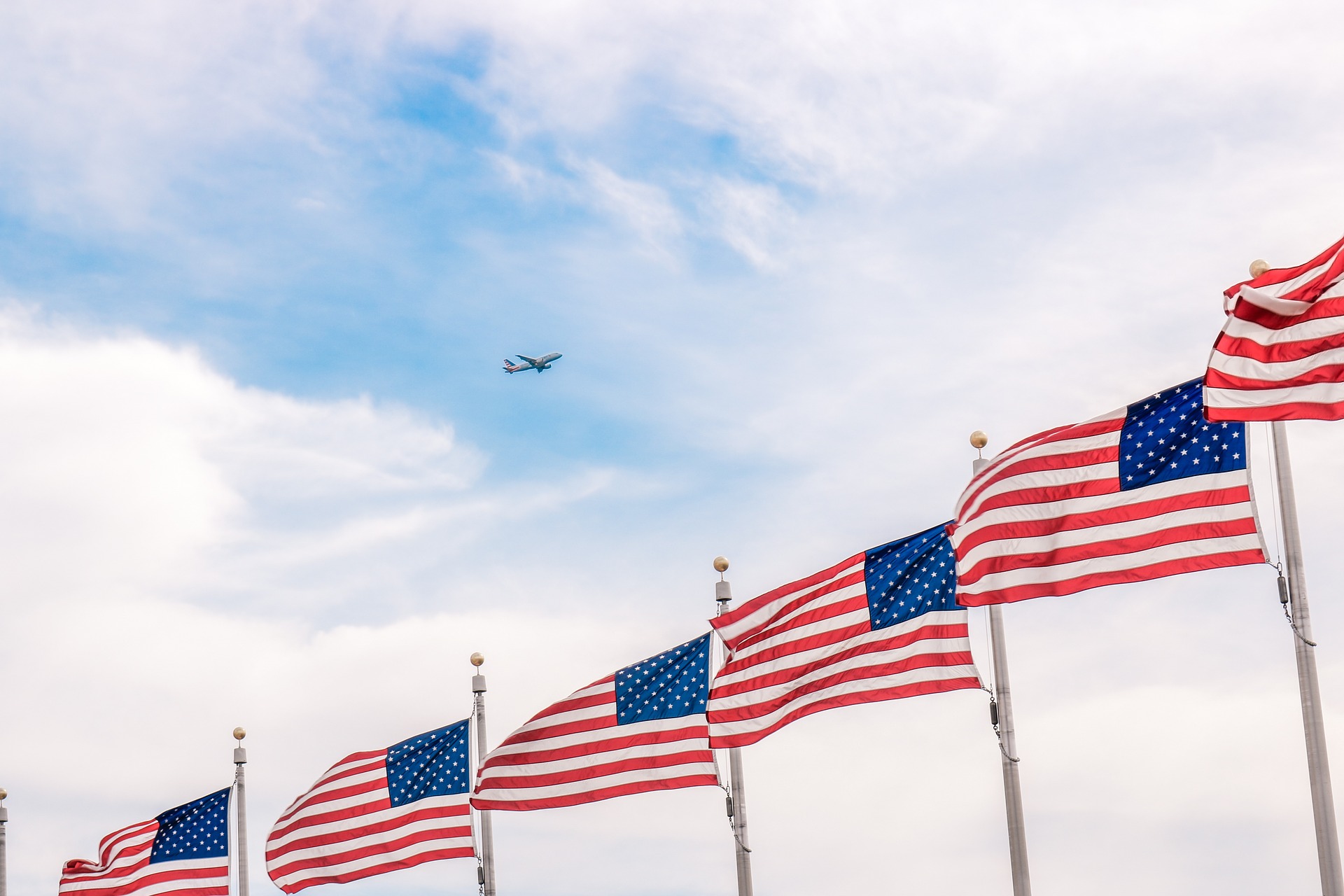 We are very happy to announce that yesterday July 14, 2020, the Trump administration backed down and agreed to cancel a new set of federal guidelines that would have required international students to attend classes in-person during the upcoming Fall 2020 semester.
We are very happy to announce that yesterday July 14, 2020, the Trump administration backed down and agreed to cancel a new set of federal guidelines that would have required international students to attend classes in-person during the upcoming Fall 2020 semester.
As you may be aware, on Monday July 6th U.S. Immigration and Customs Enforcement (ICE) issued a news release with new modifications that would have applied to international students in the United States, and those awaiting their visas abroad. The announcement prohibited international students from taking courses entirely online during the upcoming semester. It stated that students enrolled in schools with only online instruction would not be issued visas, and CBP would not permit these students to enter the United States. In addition, students already in the United States, who had enrolled in an online program, were given two options, transfer to another school with a hybrid or in person curriculum or depart the United States.
Shortly after these measures were announced, Harvard University and the Massachusetts Institute of Technology (MIT) filed a lawsuit against the Department of Homeland Security (DHS) and Immigration and Customs Enforcement (ICE) on behalf of all international students affected by the new guidelines. The universities requested an emergency hearing to block the government from enforcing these measures. That hearing was scheduled to take place yesterday morning, but in a surprising turn of events, just before the hearing was getting started, the judge announced that the government had agreed to rescind its policy and would no longer require students to attend in-person classes in order to remain in the country.
 Visa Lawyer Blog
Visa Lawyer Blog










